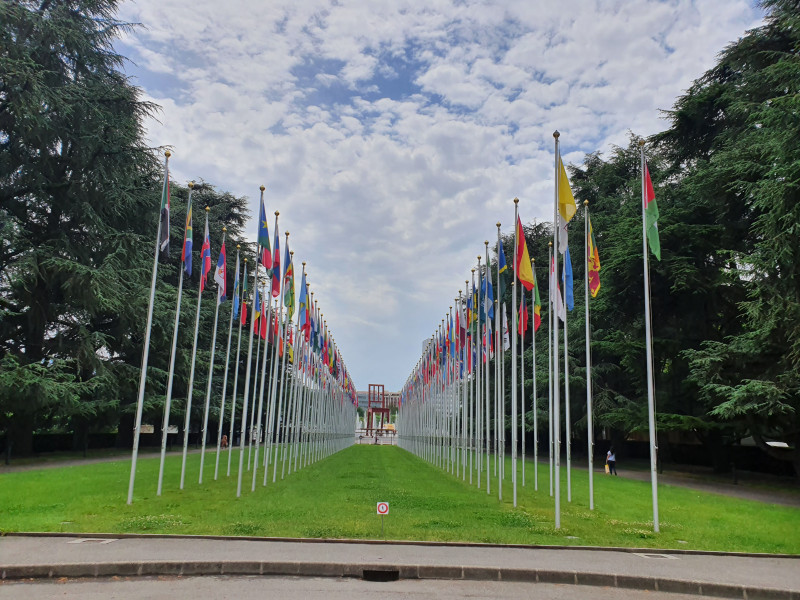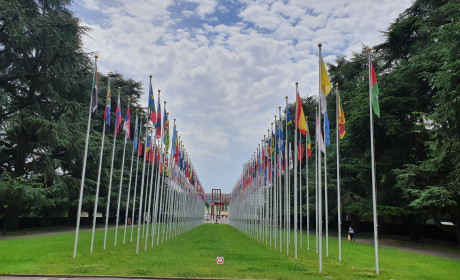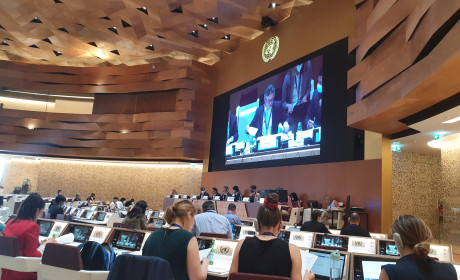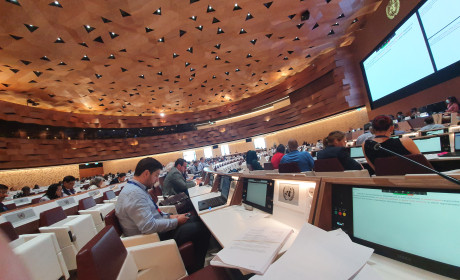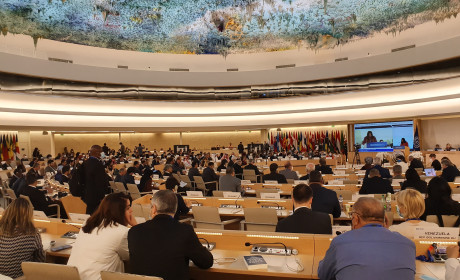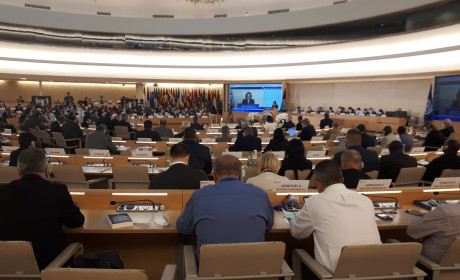- the creation of international labour law, in the form of conventions and recommendations, which include minimum standards for basic labour rights, such as freedom of association, the right to organise, the right to collective bargaining, the prohibition of forced and compulsory labour, and equality in work
- offering technical cooperation, particularly in the areas of vocational training and vocational rehabilitation, employment policy, labour administration, labour law and labour relations, working conditions, cooperative movement, social security, labour statistics and occupational health and safety;
- promoting the development of independent employers' and workers' organisations, as well as the training of members of these organisations.
Main bodies of ILO:
The ILO accomplishes its work through three main bodies which comprise governments', employers' and workers' representatives:
Sets the International labour standards and the broad policies of the ILO. It meets annually in Geneva. Often called an international parliament of labour, the Conference is also a forum for discussion of key social and labour questions.
Is the executive council of the ILO. It meets three times a year in Geneva. It takes decisions on ILO policy and establishes the programme and the budget, which it then submits to the Conference for adoption.
Is the permanent secretariat of the International Labour Organization. It is the focal point for International Labour Organization's overall activities, which it prepares under the scrutiny of the Governing Body and under the leadership of the Director-General .















